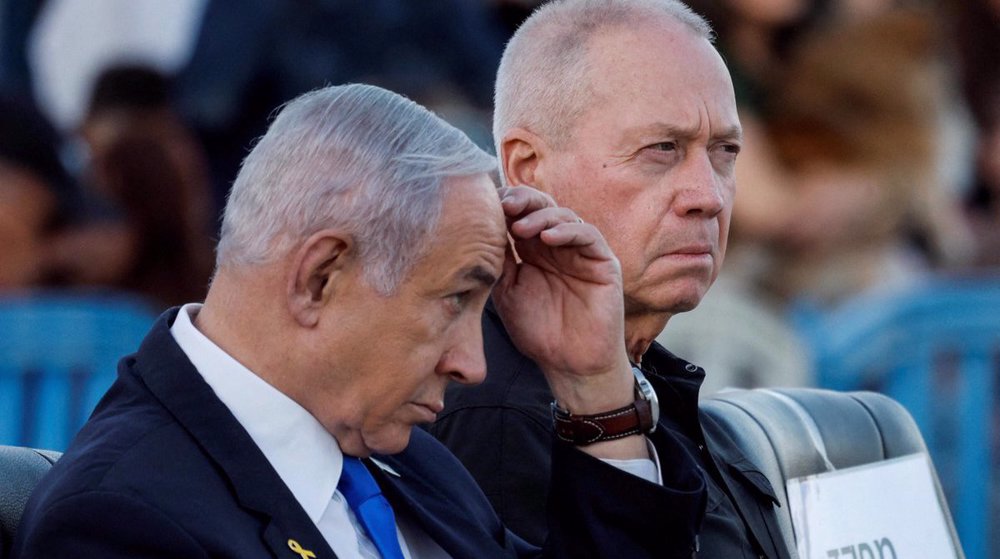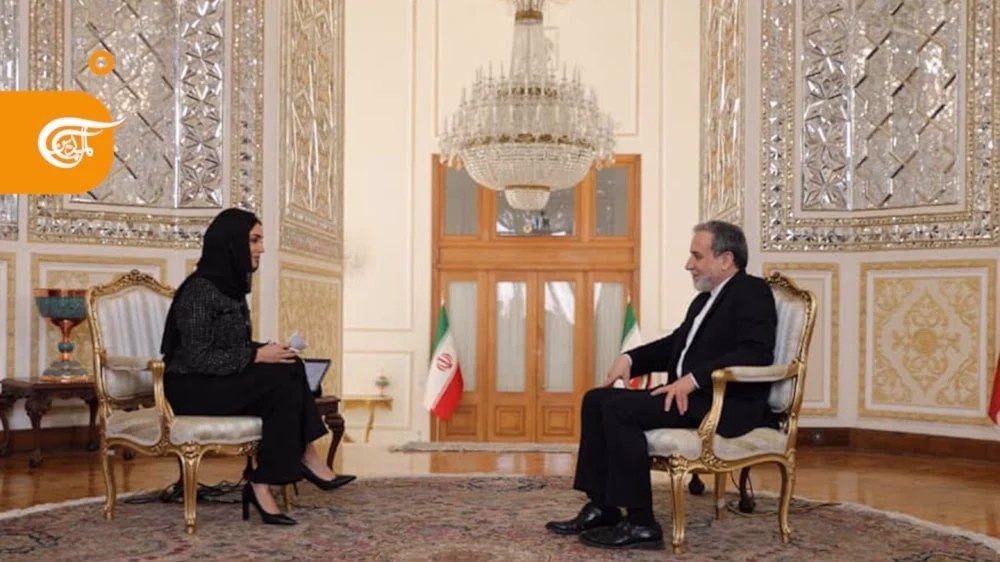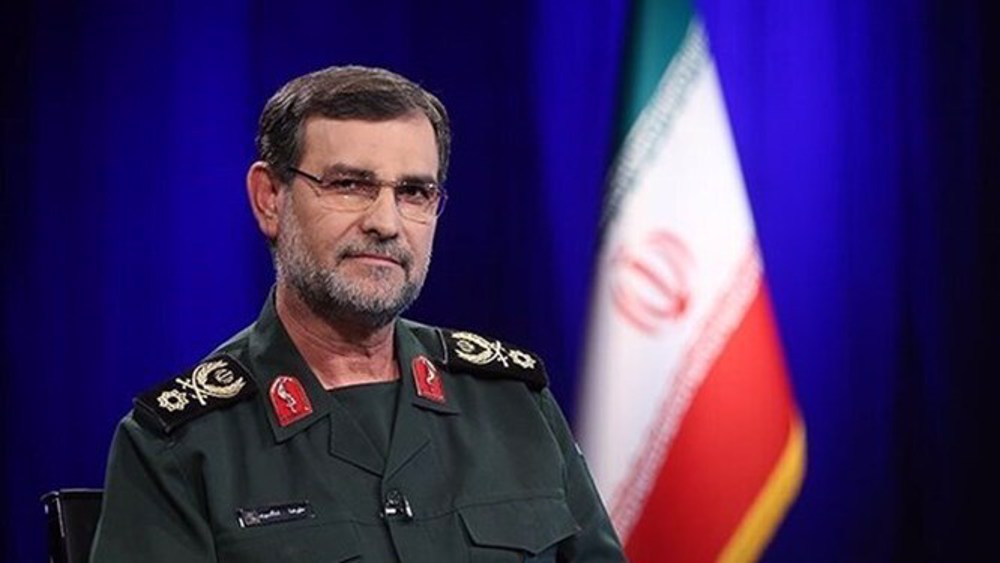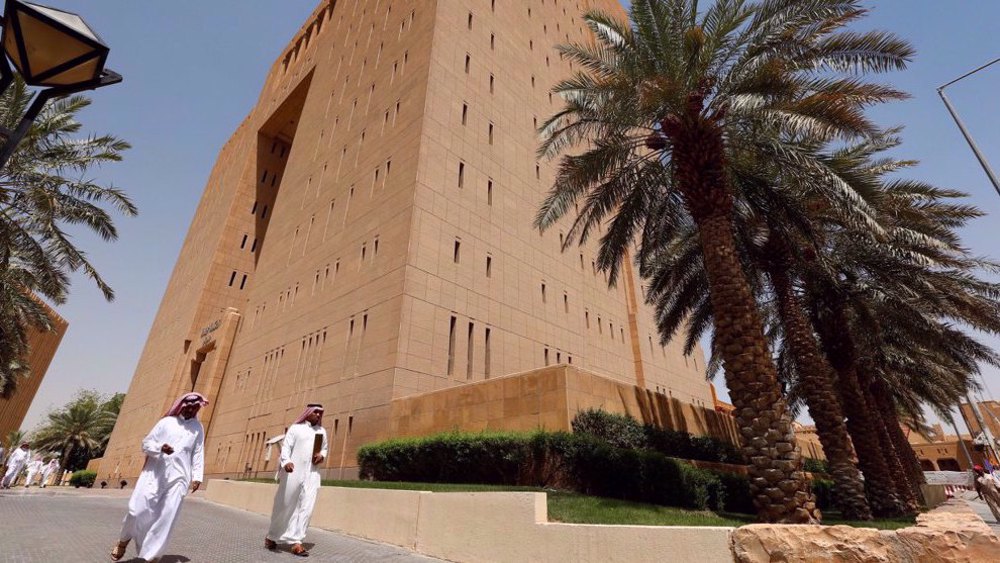Ex-Israeli pm’s brother seeks to do business with Saudi Arabia
An Israeli entrepreneur, who is a former naval officer on an Israeli submarine, is looking forward to selling electric trucks to the Saudis, in a new deal that reflects the unofficial normalization of relations between Saudi Arabia and Israel.
Asher Bennett, the brother of the former prime minister Naftali Bennett and the founder of the London-based e-truck maker Tevva Motors, is another Israeli entrepreneur in the growing stream of those seeking business in Saudi Arabia which still resists acknowledging diplomatic ties but functions on the basis of its friendly unofficial policies towards the Israeli regime.
“There’s a lot of interest in the [Persian] Gulf for our technologies, so I’m here from time to time,” Bennett said on the second day of the Future Investment Initiative conference.
In an interview at the King Abdulaziz Convention Center, the site of the conference in the Saudi capital, the Israeli entrepreneur said he was invited to Saudi Arabia last year and the trip was an eye-opener to him.
As Saudi Arabia is setting new environmental standards to reduce reliance on fossil fuels, Bennett thinks this is the perfect chance for him to do business with the kingdom.
Like Bennett, who has American parents, many Israelis are dual citizens and face few restrictions on entering the Arab country. In other cases, Saudi officials have granted special visas to admit Israelis, particularly tech executives, without a second nationality.
Bennett, 53, said he developed an interest in e-vehicles through his service as a naval officer on an Israeli submarine, which was propelled by batteries attached to a large electric motor.
At least four Israelis were invited to speak at this week’s conference, including Samer Haj Yehia, chairman of Bank Leumi and an Arab citizen of Israel, and US-born Jonathan Medved, founder and CEO of the venture capital investing platform OurCrowd.
On Thursday, the final day of the conference, Jonathan Medved, chief executive of online venture investing platform OurCrowd, was direct in his speech saying in a panel that included two Saudis: “We’re proudly from a little country just down the road called Israel.”
Medved said it was becoming normal for Israeli companies to operate in the kingdom, comparing the development to the fall of the Iron Curtain separating Western Europe and the Soviet bloc and predicting that political detente would follow the commercial opening.
Saudi Arabia’s crown prince and de facto leader Mohammad bin Salman has in the past expressed admiration for Israel’s tech industry and said he sees the Israeli regime as a “potential ally.”
Israeli companies are increasingly being allowed to operate in the Saudi kingdom despite the fact that Riyadh has not joined the 2020 Abraham Accords, which normalized diplomatic relations between Israel and the United Arab Emirates, Bahrain, Morocco and Sudan, some of which are Saudi Arabia’s key Arab allies in the region.
In 2020, following Israel’s then-premier Benjamin Netanyahu’s visit to Riyadh where he met with Mohammad bin Salman, Riyadh granted permission to Israeli airlines to use its airspace, hours before the first Israeli flight to the UAE was set to take off.
In May 2022, sources said a high-ranking Israeli official visited Saudi Arabia and met with a senior Saudi official, fueling speculation that the two sides could be taking reciprocal steps toward the “normalization” of their relations.
VIDEO | IAEA adopts anti-Iran resolution tabled by E3
VIDEO | Iran's president urges Pope to help end Israel's onslaught in Gaza
Iran's senior legal official: ICC arrest warrants for Netanyahu ‘great victory'
Nov. 21: ‘Axis of Resistance’ operations against Israeli occupation
VIDEO | Israeli forces storm West Bank’s Jenin again, target civilians
Iran activates advanced centrifuges after IAEA's 'unjust' resolution
VIDEO | Press TV's news headlines
Iran FM: Response to Israeli aggression 'inevitable'












 This makes it easy to access the Press TV website
This makes it easy to access the Press TV website